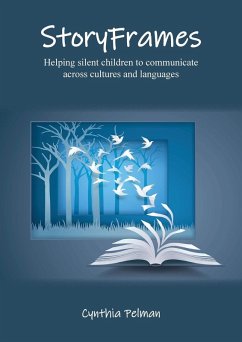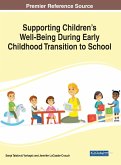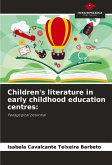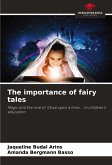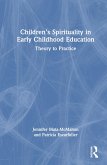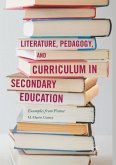StoryFrames: supporting silent children in the classroom. How does a teacher support a child who has recently arrived at school, speaking another language, and who remains completely silent at school for weeks or months, not participating in class and not even playing with other children? The child's parents often report that the child speaks and plays normally at home, with their family and with other children who speak the child's language. These children, undergoing the "Silent Period", are usually children who have relocated from another country, either voluntarily or as refugees or migrants,. For a variety of reasons, these children do not have the resilience needed to cope with the many changes and anxieties they have experienced. The losses for these children are more than the loss of familiar faces, places and conversations; the loss of their home language is experienced as a loss of the self they had known before the relocation. The psychoanalytic theories of Colette Granger provide a way to understand the experiences of these migrant children. The StoryFrames book sets out an easy-to-follow, low-cost method of supporting these children, enabling them to emerge from their silence, and to play with other children. The book is written by a speech and language therapist, but any teacher, social worker or volunteer, who is experienced in working with young children, can run this programme. The methodology of this programme is grounded in the developmental theories of Winnicott and Vygotsky and as such it stresses the nature and quality of the teacher/child relationship which is at the core of this kind of work. The book explores the feelings not only of the child in this situation, but also of the teacher working with such a child; such a teacher must deal with their own anxieties about what the child is experiencing, and about whether they, as the teacher who is expected to solve these problems, could be doing something different. The StoryFrames method is not only for second language learners. It has been successfully used with children who have a wide range of communication disabilities. Children with Developmental Language Disorder, children who stutter, children with intellectual disabilities and Highly Sensitive Children have all benefited from the use of this programme, which uses narrative and pretend play to help the child to develop linguistic and cognitive skills, as well as to have the confidence needed to communicate with others, in spite of the difficulties. This book is an invaluable source of information for anyone wanting to understand the nature of the teacher or speech therapist's relationship with children with communication difficulties, and should be essential reading for trainee speech and language therapists, as well as for teachers training in early years education.
Hinweis: Dieser Artikel kann nur an eine deutsche Lieferadresse ausgeliefert werden.
Hinweis: Dieser Artikel kann nur an eine deutsche Lieferadresse ausgeliefert werden.

